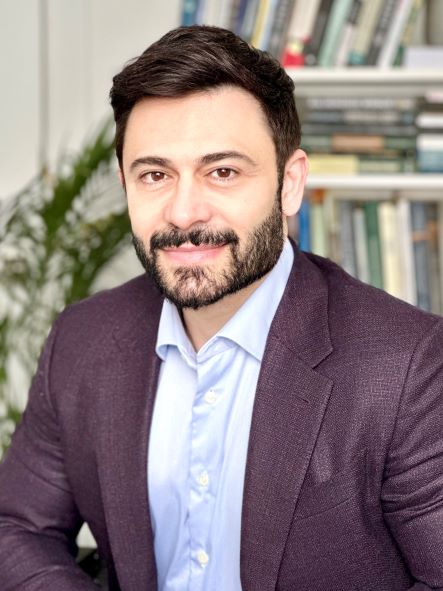Research Group:
PRECISAI - Precision Psychiatry and AI for Early Intervention and System Innovation in Affective Disorders.
My research focuses on improving outcomes for individuals at risk for, or living with, affective disorders, particularly bipolar disorder. Through our program PRECISAI, we combine insights from clinical care with the power of artificial intelligence, digital technology, and health data. By analyzing a wide range of information—including electronic health records, biological markers, and data from wearable devices—we explore how these conditions affect the brain, body, and daily functioning over time.
Our objective is to facilitate the early detection of mood disorders, advance understanding of their developmental trajectories, and develop personalized, evidence-based, data-driven interventions that are clinically precise and adaptable to real-world settings.
Curious minds welcome. Our research group is dedicated to advancing knowledge that meaningfully improves the lives of individuals at risk for, or diagnosed with, bipolar and other affective disorders, as well as their families.
If you're a clinician or researcher who shares these goals, we warmly invite you to connect with our vibrant research group. We value innovation, thrive on collaboration, embrace the Francophonie, and pursue rigorous inquiry, always eager to explore new frontiers together.
